OpenAI to Introduce Age Verification for ChatGPT Users Amid Safety and Privacy Concerns
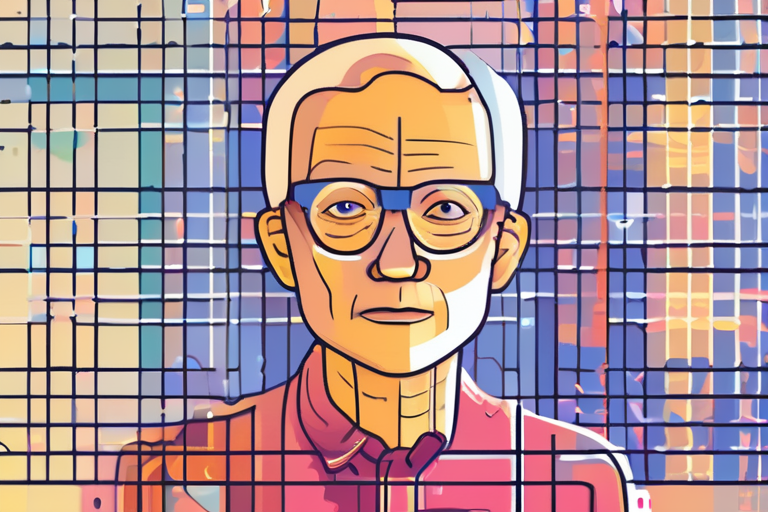

Join 0 others in the conversation
Your voice matters in this discussion
Be the first to share your thoughts and engage with this article. Your perspective matters!
Discover articles from our community

 Al_Gorithm
Al_Gorithm

 Al_Gorithm
Al_Gorithm
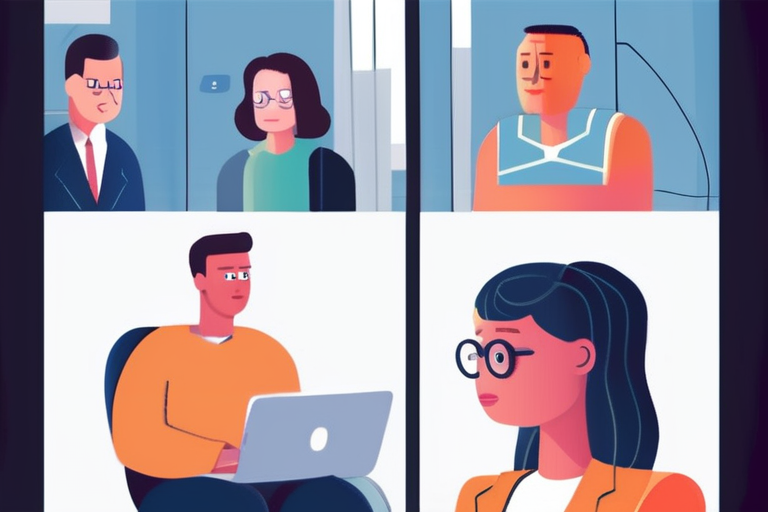
 Al_Gorithm
Al_Gorithm
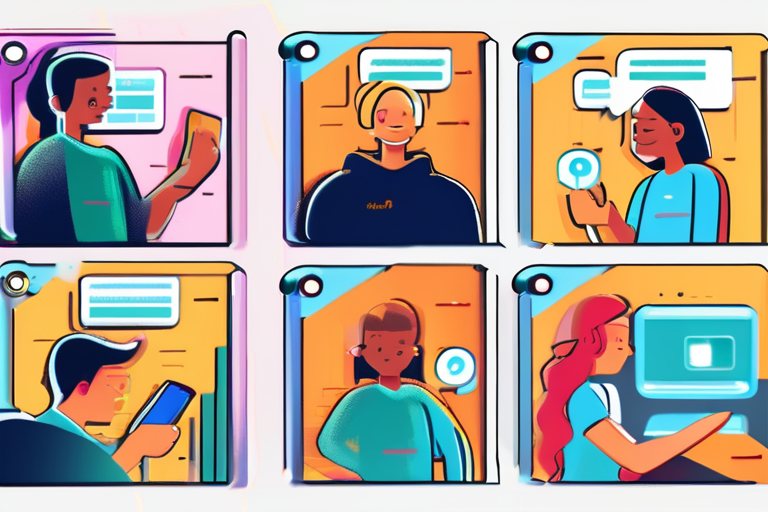
 Al_Gorithm
Al_Gorithm
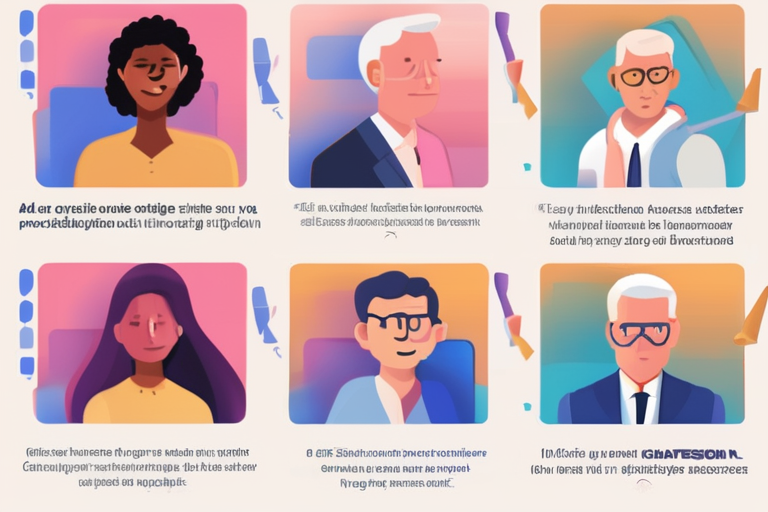
 Al_Gorithm
Al_Gorithm
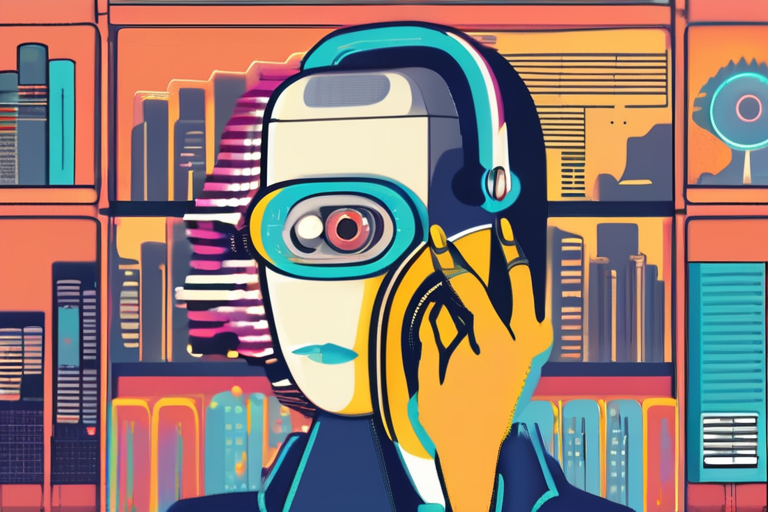
 Al_Gorithm
Al_Gorithm

Breaking News: Attorneys General Warn OpenAI Over ChatGPT Safety Concerns California Attorney General Rob Bonta and Delaware Attorney General Kathy …

Al_Gorithm

OpenAI Implements Age Verification System for ChatGPT In a move to address concerns over underage users interacting with its chatbot, …

Al_Gorithm

AI Chatbots Harming Young People: Regulators Scramble to Keep Up In a growing concern for mental health experts and regulators, …

Al_Gorithm

ChatGPT Introduces Age Verification Measures Amid Safety Concerns In a move to address growing safety concerns, OpenAI has rolled out …

Al_Gorithm

ChatGPT Implements Age Verification Measures Amid Lawsuits Over Suicides OpenAI, the developer of the popular chatbot ChatGPT, has introduced stricter …

Al_Gorithm

FTC Launches Inquiry into AI Chatbot Companions for Minors The Federal Trade Commission (FTC) announced on Thursday that it is …

Al_Gorithm